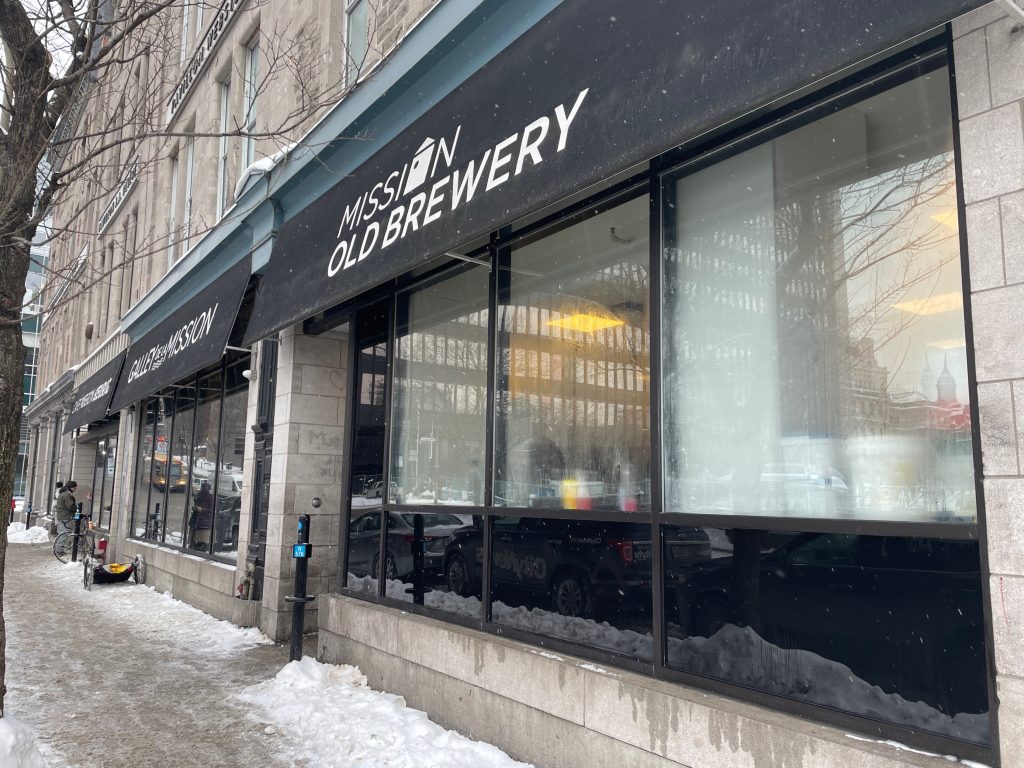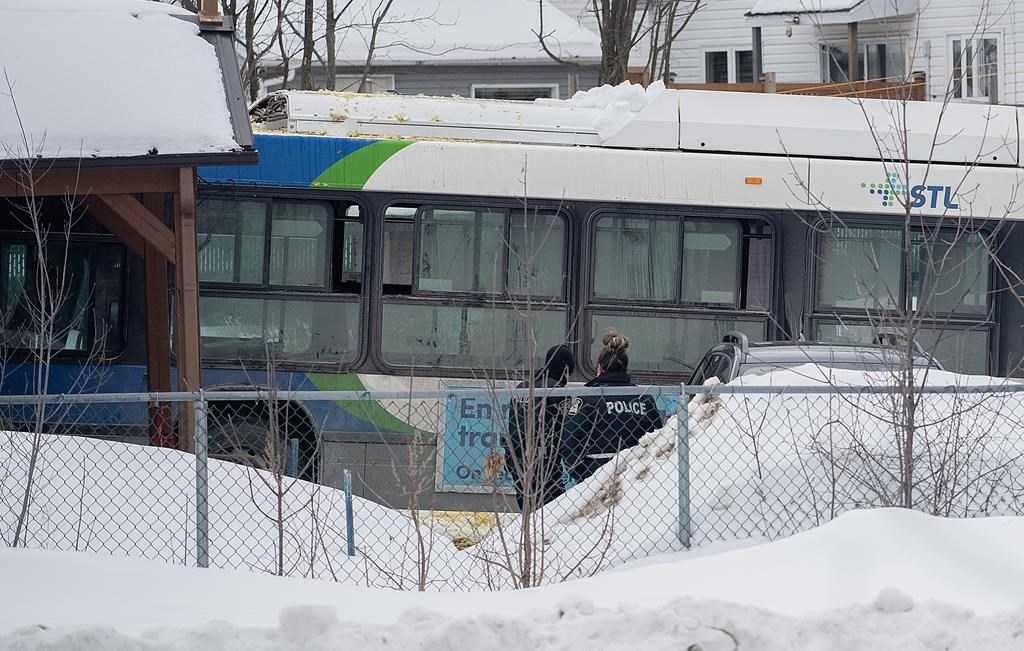‘It could happen again’: Lac-Mégantic demands better rail safety ahead of disaster’s anniversary

Posted July 5, 2023 9:29 am.
Last Updated July 6, 2023 10:11 am.
A decade after a runaway train carrying crude oil derailed and exploded in Lac-Mégantic, killing 47 people, some say there has not been enough progress in rail safety.
The southeastern Quebec town is set to mark the 10-year anniversary of the July 6, 2013, tragedy with a series of sombre commemorations. The disaster in the rural town of 6,000 in the Eastern Townships of Quebec was Canada’s deadliest railway accident in over a century.
A coalition of citizens who have advocated for better rail safety say their voices are not being heard.
“It’s really frustrating… We don’t feel that our authorities protect us,” said Gilbert Carette, a coalition member who has been living in Lac-Mégantic for 36 years. “We are raising the red flag that this place is dangerous. It’s a daily combat.”
“I do believe frankly and sadly that it could happen again.”
Some Lac-Mégantic residents are even taking it upon themselves to inspect the rails.
Trains continue to pass through the town day and night, down the same slope and curve where the train derailed 10 years ago.
“Trains are getting longer and longer and there’s more hazardous material on our rails. Equipment is just neglected,” said Carette.
And the fear in town is still present. Two months ago a freight train derailed in Maine shortly after passing through Lac-Mégantic. The Canadian Pacific Kansas City train hit a track washout in a wooded area in northwestern Maine, setting several cars ablaze.
“Everybody knows everybody, so it’s really affecting,” said Carette. “Every time you’re passing in this deserted downtown, it’s really hurting.”
Two recommendations remaining
The Transportation Safety Board of Canada (TSB), which advances transportation safety in the country, says three-in-five of their recommendations following the 2013 tragedy have been met.
“We’re satisfied with some of the progress that has been made but there’s still more to do to reduce the risk of another Lac-Mégantic,” said Kathy Fox, chair of the TSB.
The two outstanding recommendations include the regulatory oversight of safety management, which has been on the TSB’s watchlist since it was created in 2010.
RELATED:
- Expropriation for construction of Lac-Mégantic rail bypass confirmed
- Philippe Falardeau confronts rail industry with docuseries on Lac-Mégantic tragedy
- Quebec court says Canadian Pacific Railway not liable in Lac-Megantic train crash
- Series dramatizing Lac Megantic rail disaster divides opinion among residents
“We want to make to sure that railway companies are able to not just comply with rules but also assess the hazards in their operations and manage the associated risks,” said Fox. “And we have seen some weaknesses in that area in some investigations since Lac-Mégantic, so that’s why it’s on our watchlist.”
“The issue is we still see instances of railway operators who are not adequately identifying hazards in their operations or managing the risks to a level as low as reasonably practicable. And Transport Canada has not always been effective at identifying that and holding the railway companies to account for those gaps.”
Calls for better braking system
The TSB has also called for improvements to braking systems to reduce the risk of runaway trains.
“We are urging the railway industry and the government to take more timely action to implement systems that will reduce the risk of those uncontrolled movements,” said Fox.
In a statement to CityNews, Transport Canada says that: Since the 2013 tragedy, Transport Canada has adopted more stringent measures and requirements to protect communities along railways. These measures fall under three categories: Strengthening oversight and enforcement, stricter accident liability and compensation requirements, and regulatory and legislative reform. Transport Canada has taken many measures to reduce the risk of uncontrolled movement of railway equipment.
Bruce Campbell, a York University professor who wrote a book on the Lac-Mégantic rail disaster, says it comes down to costs.
“Stronger breaks, more advanced breaking systems, and the reason is they cost money,” said Campbell. “And the railways delay and obstruct, and they get away with it.”
“The passage of time, memories fade and so does the resolve of the government to take the necessary actions. To minimize the risk, there’s a lot more that they could do that they’re not doing,” he added.








